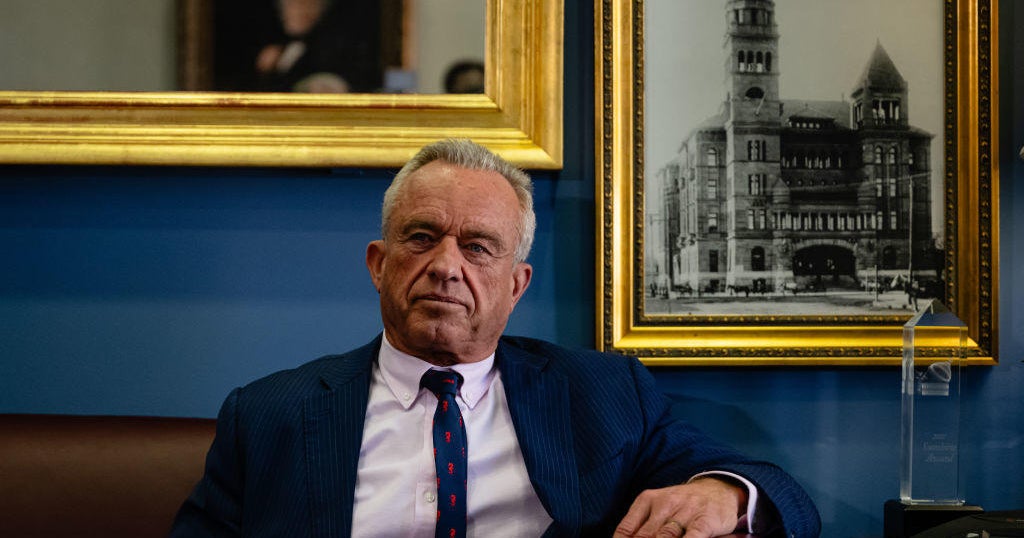The precious metals market witnessed a notable shift as gold prices retreated on Friday. This decline came in the wake of a strengthening dollar and the White House’s confirmation of impending US tariffs.
The news, reported by a leading economic and financial news portal, marks a significant turn in the week-long upward trend of the precious metal. Gold futures for February delivery fell by 0.37% to $2,812.50 per troy ounce.
This occurred on the Comex division of the New York Mercantile Exchange. Despite this daily dip, the metal still managed to post a weekly gain of 1.26%. The price decline intensified towards the end of the trading session as the White House announced 10% tariffs on Chinese goods.
Market analysts at VT Markets noted that the dollar’s strength aligns with recent market trends. Investors are anticipating potential cuts in the Federal Reserve‘s interest rates. This expectation has contributed to the dollar’s rise, putting pressure on gold prices.
The demand for gold as a safe-haven asset remains high. However, investors are closely monitoring the possibility of profit-taking in the commodity market. Over the past month, gold has seen a substantial increase of 6.56%.
 Gold ETFs See Renewed Interest Following Price Dip. (Photo Internet reproduction)
Gold ETFs See Renewed Interest Following Price Dip. (Photo Internet reproduction)Neil Meader, director of gold and silver at Metals Focus, highlighted an interesting trend. He observed that many central banks are showing interest in gold as a means of de-dollarization.
Gold Market Outlook
This move has bolstered confidence among institutional investors seeking to diversify their portfolios beyond US stocks. Despite the current dip, the market maintains a generally optimistic short-term outlook for gold.
There are possibilities for further gains. However, Metals Focus adopts a more cautious stance for the medium term. The Commerzbank has set its sights on a gold price of $2,650 per troy ounce by the end of 2025.
The bank suggests that Federal Reserve interest rate cuts may conclude by mid-year, potentially limiting significant support for gold prices. This week’s earlier surge in gold prices was driven by investors seeking safer assets.
The uncertainty surrounding Trump’s tariff policy fueled this trend. As the market digests these developments, all eyes will be on how gold prices respond to the evolving economic landscape.

 By The Rio Times | Created at 2025-01-31 21:41:44 | Updated at 2025-02-01 01:01:11
3 hours ago
By The Rio Times | Created at 2025-01-31 21:41:44 | Updated at 2025-02-01 01:01:11
3 hours ago








